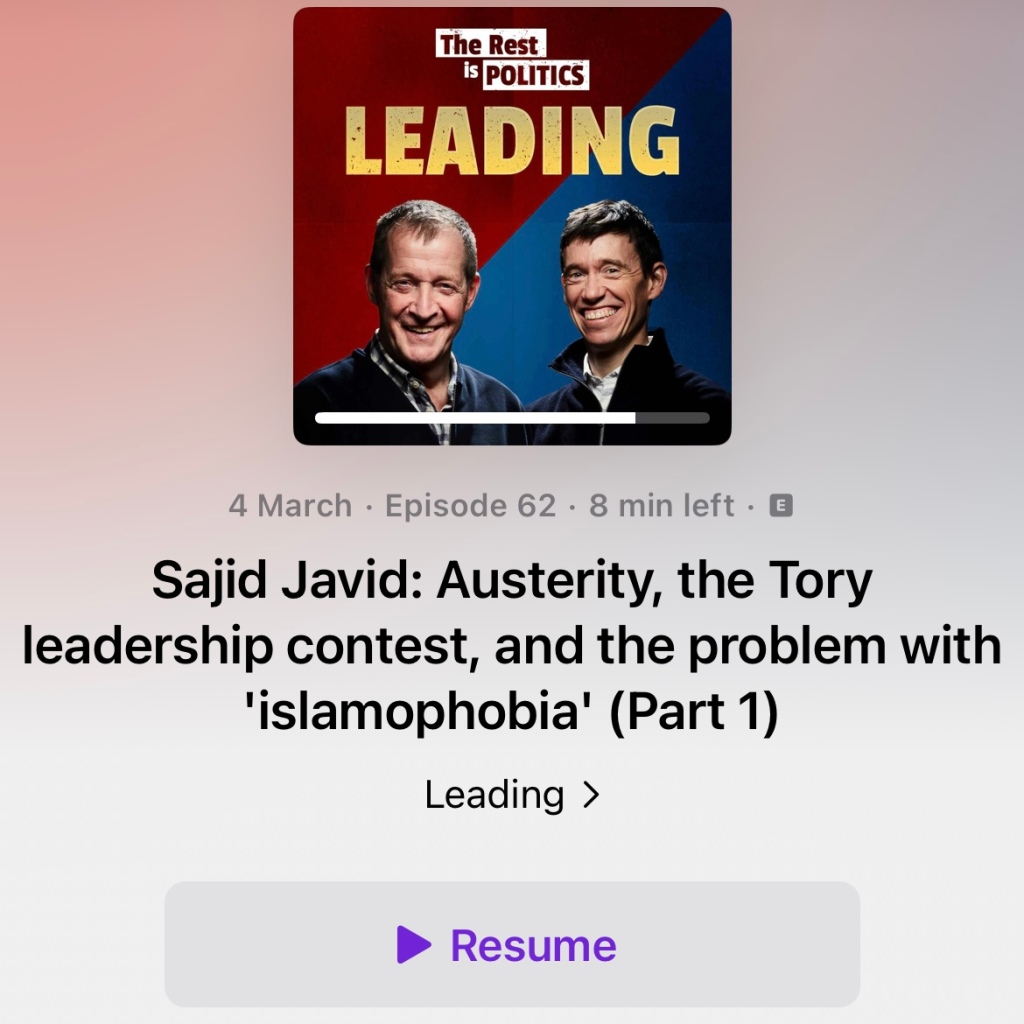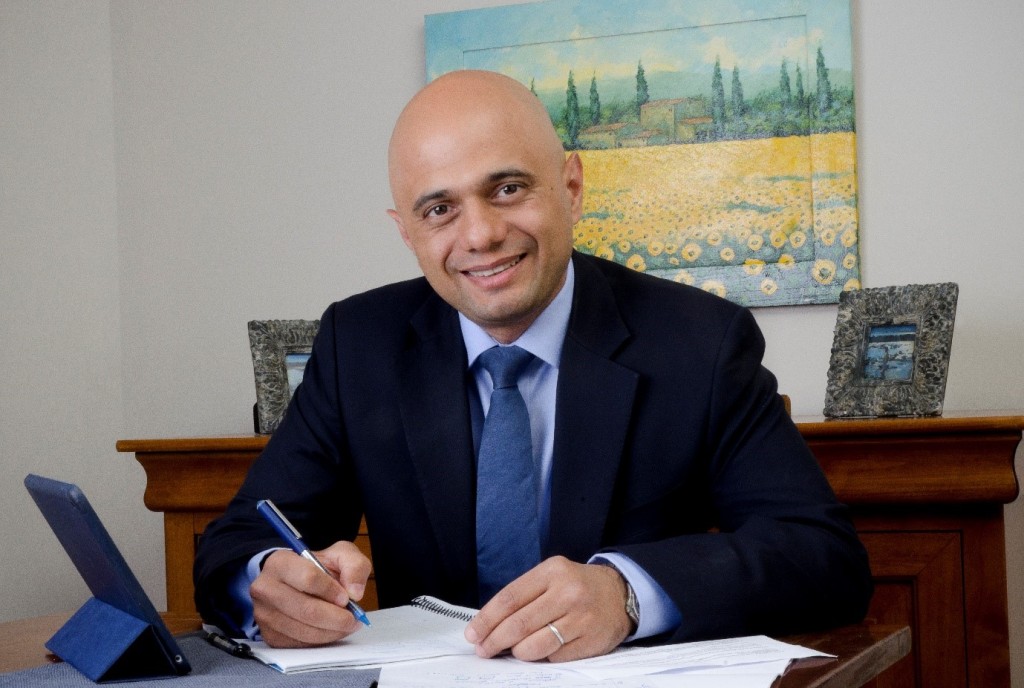
I am a regular listener to podcasts whether I’m running, walking the dog or behind the wheel during the many hours I spend driving. Two of my favourite current listens are ‘Leading’ and ‘The Rest is Politics’ both presented by Alistair Campbell and Rory Stewart.
In one of the most recent episodes of ‘Leading’ was an interview with Sajid Javid who was the first British Asian to hold one of the ‘Great Offices of State’ as Home Secretary and then Chancellor of the Exchequer.
‘No Silver Bullets 2.0: Heart and Soul of School Improvement’ is published on Monday the 4th March – A guide for your school improvement journey.
During the podcast, Rory Stewart recounted the time he first became a Cabinet Minister. Sajid Javed, rang him up to offer him advice in being an effective Minister and Head of Department. I listenened and considered that the pointers he gave were equally valid to anybody who found themselves in a leadership position.
What you will read about
In this blog you will read about three pieces of advice that Sajid Javed gave to Rory Stewart when he first became a Cabinet Minister which can be applied to all leadership roles.
What is the best and worst advice that you have been given?
Please share your thoughts via this short forms: https://forms.office.com/e/ksAvKsFJK8
1. Find your focus

Sajid explained that when you become a cabinet minister firstly you have a boss above you, secondly you very rarely appoint your own staff beyond SPAD’s (Special Political Advisors) and thirdly the civil servants you will work with will be there long after you’ve gone. The scope of government departments is huge so you need to pick two or three things and focus on those in the hope that you will be able to make progress on those items. If you try and do everything, then before you have even written a plan for them you could be moved to another government department.
Whether you have been a CEO or a Head of Department so much of this is true. You are very rarely in a position to recruit your own staff, as we tend to inherit our colleagues and our first task is to build our team. Often the classroom teachers will remain in post longer than the leaders.
Equally we usually begin our roles with a huge range of ideas and projects we wish to deliver. Reducing this to a small number of clear strategies can enable us to deliver change in a sustainable way. It can also show staff that success can be achieved and hence they will have more confidence in subsequent change. So choosing two things to focus on in your early days could be invaluable in achieving some wins.
2. Read everything
As a minister you will receive so much information from your staff. We have all read stories of the infamous ministerial red boxes often with the most important briefings at the bottom. To make informed decisions you have to read all those papers. As Sajid says, ‘no-one can read for you.’
I can remember hearing of a library in a Welsh pit village and over the doors was the phrase ‘Knowledge is Power’. All through my career, whenever I have had a new challenge, I have started by buying a book on the subject to try and gain that all important knowledge.
As leaders we are expected to ‘know stuff’ and there are no shortcuts to this so we must read internal documents and external ones. Unfortunately there are no podcasts for KCSIE or the latest Ofsted Handbook and we must take the time to read those crucial documents. Equally many staff are keen to know of the research we are building our strategies on and hence having read the research or explanations of the research to hand can increase our colleagues confidence in us.
3. Be nice and civil to everyone

In government you will work with a whole range of colleagues and you must build those relationships. There are MPs on your own side and you will need their support soit is important that you get to know them and them you. There will be civil servants and other experts, they are crucil in getting things done! Finally there are whole range of MPs in other parties, help them too as you never know when you will need to work with them to get something done. Kindness and civility should not be saved just for your ‘political friends’.
Of the three points this is so important. Kindness is a superpower that we can all attain. This is isn’t to say kindness is always warm fluffy clouds as in the words of Beene Brown ‘unclear is unkind, kind is clear’. Though we should not fall back on this phrase too often, but we can keep it in our back pocket for those difficult conversations.
Instead we should aim to be kind and civil with all our colleagues, not just our team. If you are the Head of Maths in a secondary school, as I was many moons ago, who knows when you will need the support of the English team in delivering improvement and this will be much easier to gain if they they know and trust you.
Equally if you are a Head or CEO, there may be occasions when you need to work with other Heads and CEOs the locality. If you have spent some of your time, even privately criticising their approach, such support will be hard to come by. If though, you have built a relationship with them, hopefully they will come to your aid in the most trying of circumstances.
Final thoughts

Most of all, I love the fact that Sajid Javed picked up the phone to give advice to someone who would become his rival for the party leadership only a few years later. This is true leadership generosity.
What advice would you give someone new to post at your level in your school or another organisation? As the appointment train gathers speed could you take out your phone and share your wisdom with someone new to role. Who knows that might make all the difference to them and maybe in the future, they will also be on a podcast explaining your kindness!
What is the best and worst advice that you have been given?
Please share your thoughts via clicking on this short forms:
About the Author

Paul K Ainsworth is an experienced system leader and facilitator. He has supported many schools and leaders that have been in difficult positions which they then have been able to recover from. ‘No Silver Bullets: Day in, day out school improvement’ was published in February 2021, republished in September 2022 and now contains 108 strategies for improving schools. The sequel ‘No Silver Bullets 2.0: Heart and Soul of School Improvement’ was published in March 2024.

Leave a comment